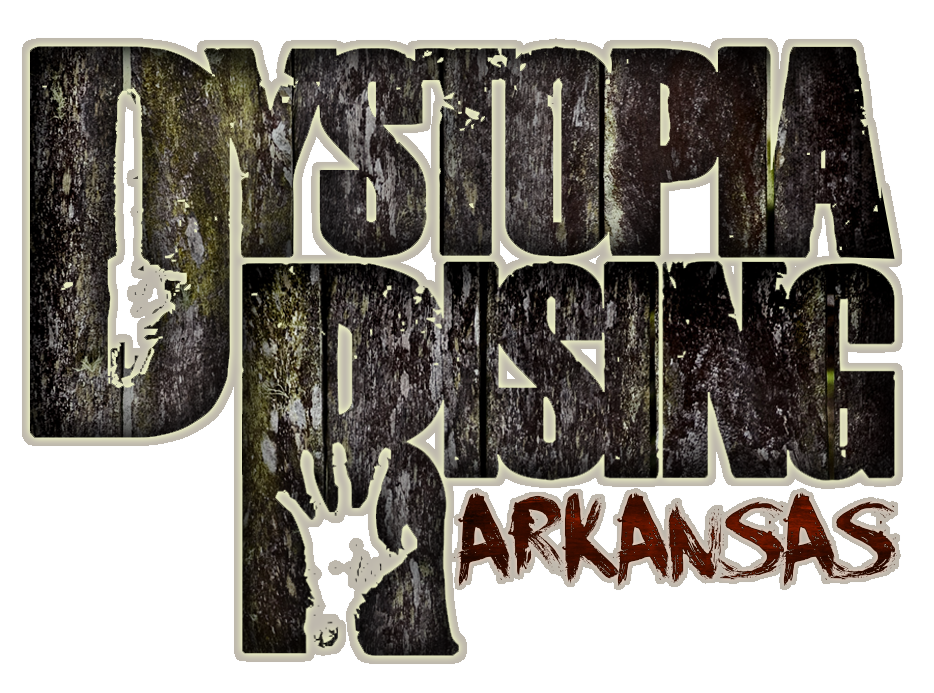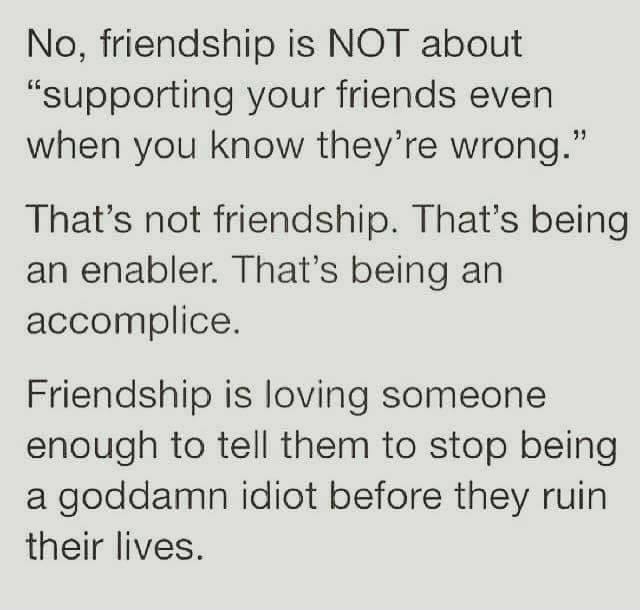Bleed is, very simply, when the emotions of a character bleed into a person (or vice versa). I often refer to these as bleed in (from character and into a person) or bleed out (bleed of a person into their character). Bleed is something everyone experiences to one degree or another, and it’s not inherently bad (or good). It’s one of those things that just comes with the territory of LARPing and that means it’s something we should educate ourselves on. The players are far more important and cooler than the characters they portray and leaving bleed unmanaged can have a serious impact on individuals and the communities they’re a part of.
At the bottom I’m going to have a list of articles talking about bleed, managing bleed, debriefing and mitigating bleed. That’s where you can find a lot of depth, techniques and really the nuts and bolts of all of this. The rest of my post is going to be my observations, hopes and advice for the fam when it comes to the upcoming in-game conflicts.
Observations:
To one degree or another, everyone puts a piece of themselves into a character. It’s not bad - because that piece of ourselves helps us empathize with our character and really become them when we’re portraying them during game. This does mean that everyone is emotionally attached to their character, although the level of that attachment differs from person to person.
By and large, no matter how hard everyone works, it’s impossible to get characters to treat non-agency characters (NPCs) the same way they’d treat full-agency characters (PCs). And again, that’s not a bad thing because it means we’re not investing a lot of emotions in the NPCs - so we can tell different stories with them and minimize bleed issues.
Character versus Character activities cause FAR more negative bleed than any other in-game action. Worse than in-game politics (and man that’s saying something). This isn’t to say that only CvC causes bleed, far from it! Plot can also cause a bleed!
Advice - but keep in mind I’m one of those that extremely rarely experiences bleed-in:
Make sure to use techniques that reinforce the differences/separation between you and your characters. When talking about them don’t use ‘I/me’ use ‘they/them’ - it reminds you that they’re a separate identity.
If possible, talk about the negative things happening to your character in an excited way. For me, half the reason I play is because I want to tell a story of succeeding after struggle - which means my poor character (suffer puppet) has to have a ton of obstacles to overcome. I have a few people who compartmentalize as well as I do and we often goob about how our poor characters are in so much pain (emotional & physical).
Utilize debriefing, either formal or informal. Debriefing is essentially talking through the emotions your character experienced and separating them from your own, with the help of at least one other person.
Help someone when you see them struggling to manage their bleed.This can be as small as using the Ok Check-in system (I know it makes me take stock of myself when I’m asked.) or as big as taking someone aside and flatly telling them that their bleed is unhealthy and hurting themselves and others.
My Hopes:
Be friendly with the people who portray the enemy of your character. Now I know not everyone can be friends with everyone, but I also know that I absolutely want to be friendly with the people behind the characters that Treasure is going to growl at, hit, and possibly kill cause they’re nasty witches. I can see how they feel about handling CvC (if they need no notice, a heads up, a check-in, etc) and their thoughts on where our piece of the story should go.
Remember that this is a huge exercise in co-operative story creation, and that means that my story might have to be not be exactly how I envisioned it originally. Personally I find the unexpected twists to be amazing and invigorating, but some people need a heads up or a little more steering of their story - and there’s no one right way to do things. The only wrong way to do things is when you do them without compassion for your fellow players.
Listen to one another, even if what they’re saying is hard to hear. As we learned from Neville Longbottom - telling your friends difficult truths is the hardest thing we can do; but as friends it’s important that we do so. So if someone comes to you with a concern, listen.
Links:
THIS ONE IS IMPORTANT - This is a discord channel specifically for DR AR, TX & OK players to debrief. If you’re at all interested check it out - There’ll be many people available for debriefings but generally it’s going to be organized & run by Clover Burks-Casinelli and Jack Kirby. <3 https://discordapp.com/invite/JTay5Jx?fbclid=IwAR3Bpj-2i7CYLNIOAXHAjATaBm4OQEPdvTpk15hOnkp7zu3AOS5EanAMD6w
https://nordiclarp.org/2015/03/02/bleed-the-spillover-between-player-and-character/
https://geekandsundry.com/coping-with-emotional-bleed-during-roleplay/
https://forum.rpg.net/index.php?threads/bleed-in-larp.666196/
https://geekinitiative.com/debriefing-after-campaign-larps-is-it-important-to-discuss-bleed/
http://www.crolarper.com/2012/10/bleed-when-larp-changes-you.html

